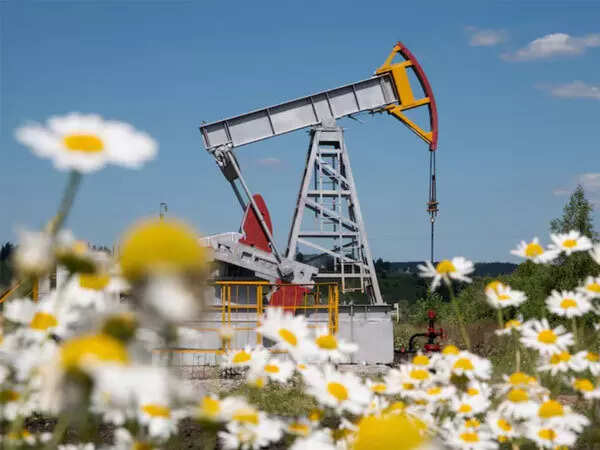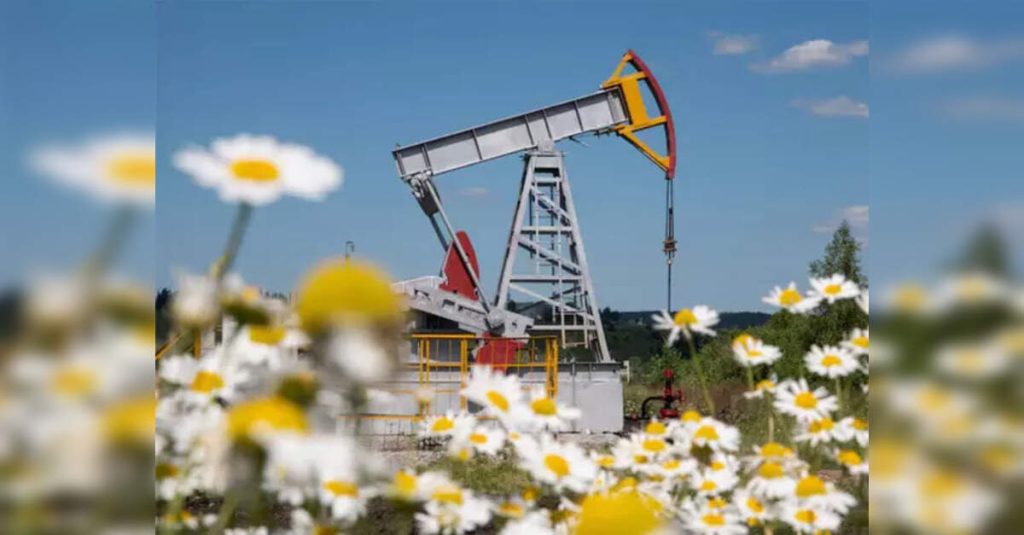
External Affairs Minister S Jaishankar, addressing criticism over India’s Russian oil imports, pointed out that China and the EU are larger buyers of Russian energy. He said India was merely working to stabilise global markets, as even urged by the US and questioned the logic behind the scrutiny New Delhi faces.
“…We are not the biggest purchasers of Russian oil, that is China. We are not the biggest purchasers of LNG, that is the European Union. We are not the country which has the biggest trade surge with Russia after 2022. I think there are some countries to the South.”
“We are a country where the Americans have said for the last few years that we should do everything to stabilise the world energy market, including buying oil from Russia.”
Incidentally, India also buys oil from the US, and that amount has increased, he said. “So honestly, we are very perplexed at the logic of the argument that you had referred to…”
The statements come after Jaishankar met Russian Foreign Minister Sergey Lavrov to discuss bilateral relations and prepare for the annual summit at the end of the year.
India’s foreign minister is on a three-day visit to Moscow for an annual bilateral dialogue, which is expected to pave the way for President Vladimir Putin’s visit to the South Asian country later this year.
India and Russia are looking to increase their annual trade by about 50% over the next five years to reach $100 billion, seeking to reduce tariffs as both countries see mounting tensions with the US, a top envoy said.
Jaishankar said that the two countries must remove trade bottlenecks and reduce non-tariff barriers to reach the goal. Russia is India’s fourth-largest trading partner, while India is Russia’s second-largest.
India has edged away from the US in the face of tariff threats. Prime Minister Narendra Modi hailed Putin as a “friend” after a call with the Russian leader this week, and New Delhi has moved to bolster relations with China. Modi is set to visit China in late August — his first trip to the country in seven years — to meet President Xi Jinping.
Trump and his administration officials have criticised India for its purchases of Russian oil, seeing the trade as helping Putin finance his war on Ukraine. Trump has imposed a 25% tariff on Indian goods and threatened to double it to 50% on Aug. 27 — a rate that would make India’s $85 billion in annual US exports uncompetitive.
“They’re fueling the war machine, and if they’re going to do that, then I’m not going to be happy,” Trump told CNBC in an interview. He said that the main sticking point with India was that its tariffs were too high.
Trade experts say Trump’s tariff could badly hurt India’s economy.
Ajay Srivastava of the New Delhi-based Global Trade Research Initiative said he expected Indian goods exports to the U.S. to fall 30% in the current fiscal year ending March 31, to $60.6 billion from $86.5 billion in the 2025 fiscal year.
India has defended its right to buy from the cheapest source, calling the tariffs “unreasonable.” For India, the advantage of Russian oil is that it can be purchased at a discount, making it a key tool for keeping domestic inflation in check.


